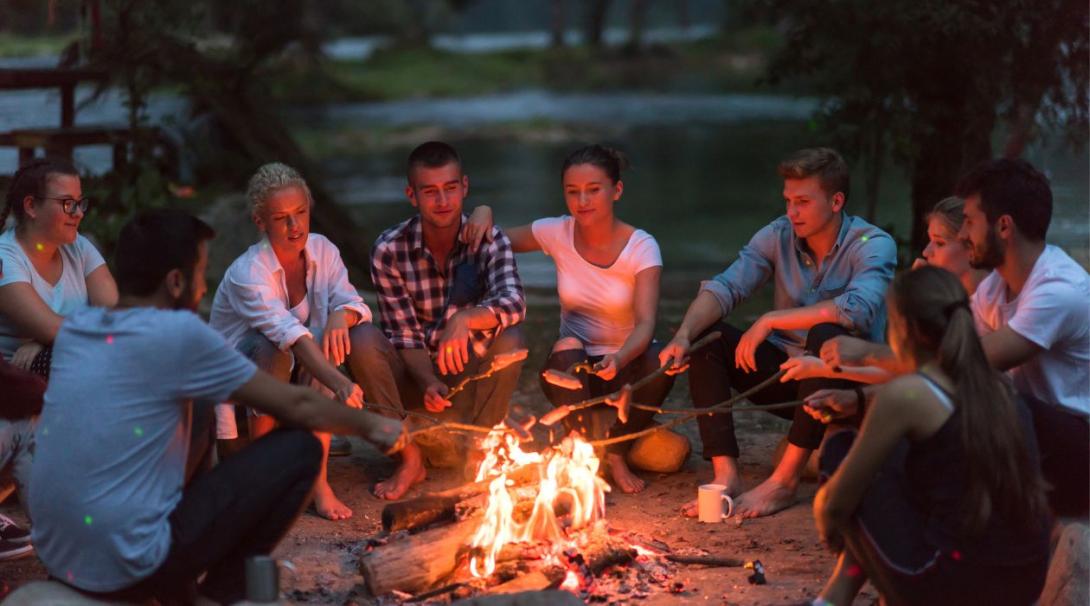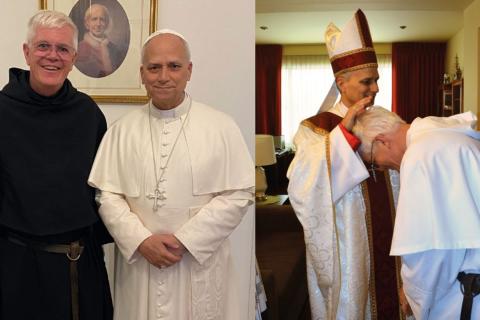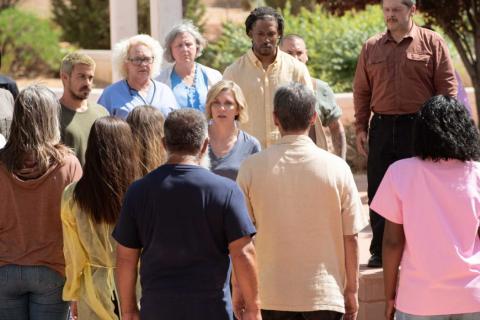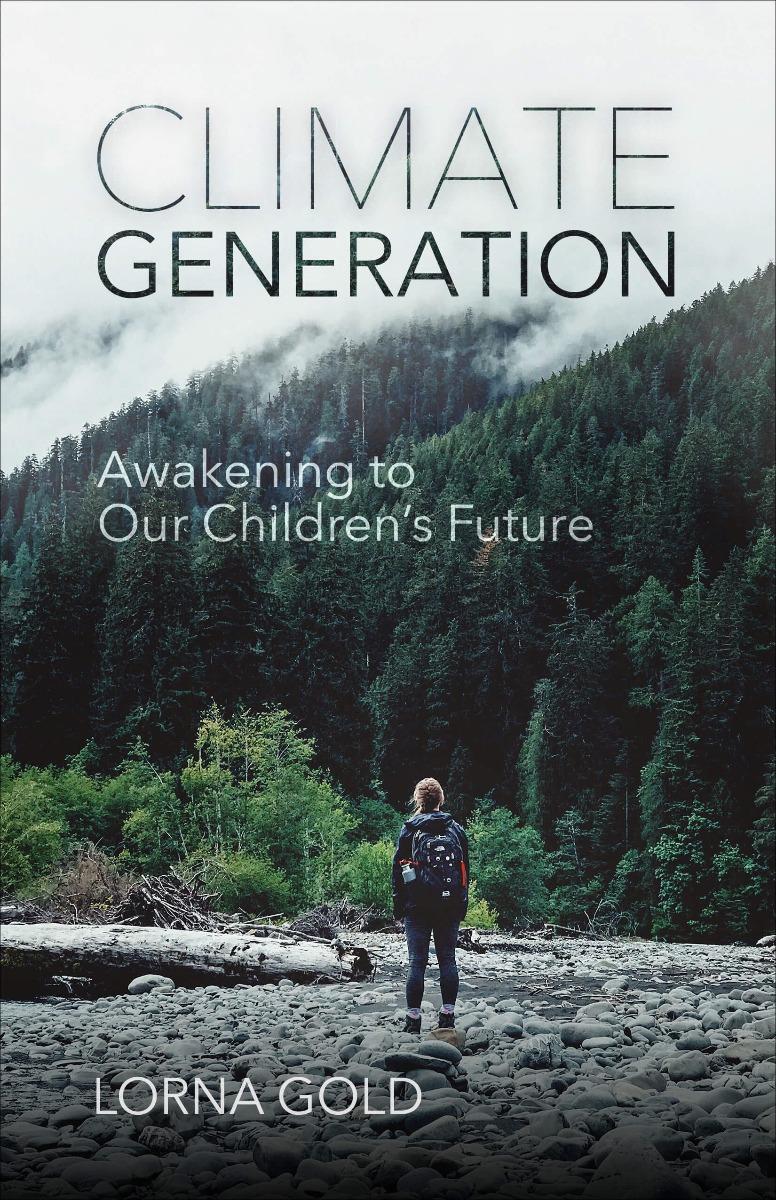
Photo by Dotshock
As I began to write this article, the idea occurred to me to ask people I consider friends to give me their definition of friendship. It was interesting, but not surprising, to find a link between the previous article on trust published in the October 2021 issue, and this one. Trust appears to be the basis of any true friendship.
“True friendship is when there is absolute mutual trust, understanding and respect even if opinions differ,” one of my friends wrote. “A friend will listen deeply to you and will do anything for you without expecting anything in return, and vice versa, a friend can openly share anything at all to you without fear of being judged.
“And friends can laugh with and at each other without feeling hurt because the relationship goes beyond.”
The benefits of friendships
Quality friendships are extremely important to our general happiness. A study published in 2017 in the journal Personal Relationships found that the presence of strong friendships is actually more indicative of overall health and happiness in old age than even family involvement and support.
The benefits of friendship in general, however, are lifelong. Research has shown that people with good friends often feel happier, less stressed and more like they belong than those without.
According to a study published by the Mayo Clinic, having a strong network of friends also increases self-confidence and provides much-needed emotional support during trying times, like illness, loss of a loved one or divorce.
When we look at the lives of our friends from our childhood and youth, we often realize how something of the person we are today is a fruit of things we shared and learned in those early years, when values and views are formed, discarded, reviewed and formed anew.
How to stay connected
We all know that friendship has little to do with Facebook, but when distance and years of separation have meant that we have lost contact with friends from childhood, being in touch in this manner is helpful.
When my mom passed away, I posted it on Facebook and found a whole group of old friends appearing at her wake. We had not seen one another in 40 years or more, but the bond of friendship was still there.
Childhood friendships teach us what is considered good or unacceptable, which interactions foster commitment or disloyalty. Even if our lives take unexpected turns and we are separated by time or geography from those who shared our childhoods, we never lose the impact they have had on our lives. These friends are a permanent part of us and our lives.
“A real friendship doesn’t mean you have to be together all the time or talk every day, as long as the relationship in the heart of each never wavers — either in good times or bad,” shared a 78-year-old woman.
Friendships can blossom anywhere and are often a sort of spontaneous sense of connection with someone. However, to last, a friendship may take time and effort, also because it requires that people put someone other than themselves first sometimes.
Understanding what our friends need is not magic. It comes from taking the time to notice one another and respond to the needs we see or sometimes only sense.
There is no age limit for making friends. I watched my 93-year-old mother move into an assisted living facility, not without anxiety and some complaints, and begin to make new friends. As she put it, she’d outlived most of her family and her friends.
As in any new situation, it is not easy to step out of our comfort zone and start up a conversation. They may never be the lifelong friends of our childhood, but relationships can be rewarding and enriching.
“Friends are the family you choose for yourself,” one of my friends put it. “Real friends want the best for one another, so they are honest — even when it would be easier not to be. They are generous and forgiving, capable of sacrifice and unconditional love.
Truth and honest
Being honest with one another is tough. But we all need a truth teller, and every relationship to survive requires that the truth be told. A relationship where the truth is told is one that can be trusted. This is expressed in quotes from other friends:
“Friendship is a relationship based on trust and reciprocity, a relationship where individuals can be their true selves without fear of reprisal.”
This means that true friendship needs to be able to survive betrayal. I like this quote by Christine Baldwin: “Forgiveness is the act of admitting that we are like other people.”
Part of being a good friend and having good friends is being willing to stay in there and fight until the end. No one likes betraying a friend or being betrayed, but when it does occur, the only way out is forgiveness. “Friendship is knowing who you can count on in thick and thin situations and that they love you as you are.”
“A relationship of mutual care (as in: you care about the other, they’re important to you) and trust, in which everyone is free to be themselves, and to share their strengths and weaknesses, their joys and pain — and you also enjoy one another’s company.”
Is it a girls’ thing?
A brief word about some observed differences in friendships between men and women. Psychology Today offers their opinion that friendships between males tend to be more transactional. Men value friendships that are more shared activity-based (playing basketball, poker, or golf, or watching a football game) rather than the intimate, face-to-face relationships that women have.
Men do not feel the desire or need to discuss every intimate detail and change in their life with a male friend. Women’s friendships are different, more intense, more emotional and often more complicated.
One reason for this is the fact that, at least in the Western world, little girls are taught very subtlety to be careful around other females. If we look at fairy tales like Cinderella or Snow White, we find no positive models of relationships between women.
Yet, for women, friends are an especially important part of their life. From friends, one can gain clarity and perspective. Between women, high-quality listening, even more so than high quality advice, can keep us grounded and help us listen to our own hearts, finding our answers within ourselves. This may be true also for men, but it is essential for personal growth in women.
Jesus’ friends
It would be interesting to consider at this point what friendship meant to Jesus. We know that as he neared the end of his life on earth, he spent a lot of time with his friend Lazarus and his sisters. We could speculate that the warmth and support of friends was what he sought to help him prepare for the most difficult moment of his earthly existence.
The Italian theologian Ermes Ronchi writes that we can understand something of the essence of God through our friendships with other human beings. He suggests that an excellent way to enjoy God’s presence is by being friends with his friends.
“We need not seek God in a place where all that is human ends. God is present in the heart of our lives, and we can sense his nearness to us through all our senses, and therefore, through our contact with friends.”
Needless to say, if this is the case, friendship is important to our lives. We need to nourish and cherish the friends we have and be always open to the arrival of new ones.
If we want to have friends, we need to be ready first to be one. That’s where it all starts.












